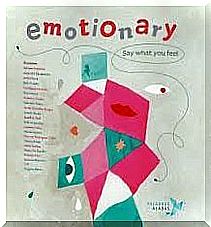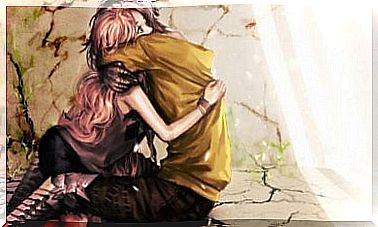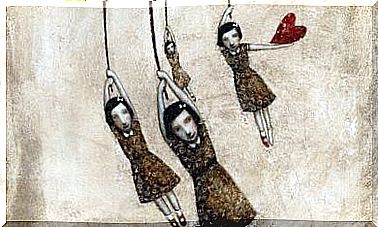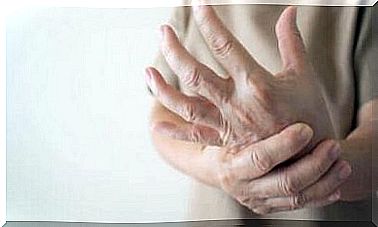Emotional Food
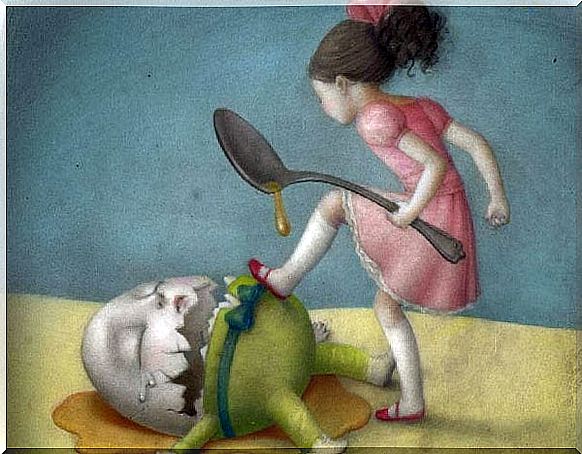
Eating sweet junk after a breakup, eating large amounts of food in times of stress, eating more than our body actually needs, etc. This is what we call emotional eating, a habit that has no better definition than the examples we will give.
We think normal eating means being constantly on the lookout for what we eat and avoiding chocolate and cream as much as possible, convinced that if we are able to satisfy ‘that relentless inner hunger’ check, we will find perfect rest. We believe that our eating behavior is often a metaphor for the way we manage our lives and our emotions.
However, in many cases of compulsive eating, eating acts as a smokescreen that doesn’t let us see the real problem : losing emotional control due to the urge to fill the relative void in other areas of our lives.
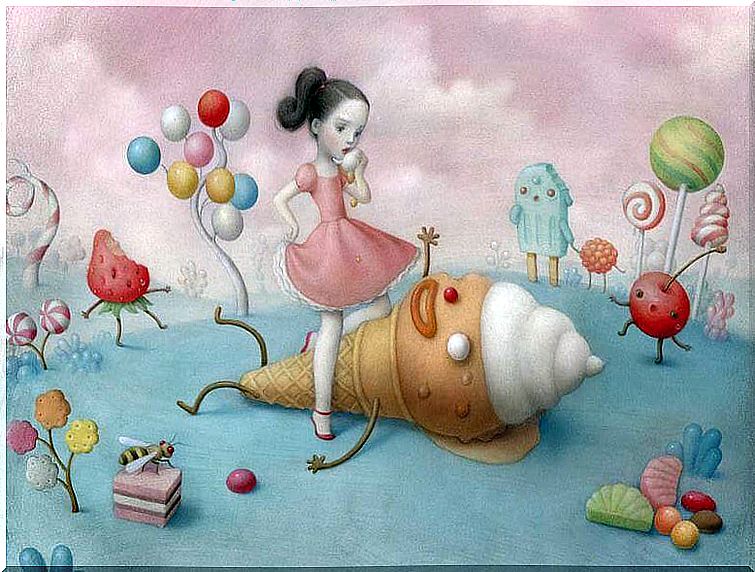
The relationship between emotional deficits and food
Food can become a substitute for emotional balance. How many times have we vented our frustrations by binge eating or stuffing ourselves with chocolate ice cream? The compulsion that motivates us when it comes to eating is often actually emotional despair.
Diets don’t work because food and weight are the symptoms, not the problem. If we’re honest, we can see that being so focused on our weight is actually a way of not paying attention to the reasons why we reach for food so often even when we’re not hungry. This is of course reinforced by our society, which mainly focuses on the extra pounds and the calories consumed.
We also think that losing weight and gaining a beautiful figure will free us emotionally from the painful events that torture us. Geneen Roth , an expert in this field, emphasizes that being overweight is a symptom in itself and that even if we can change our weight slightly, we will continue to feel unhappy, we will continue to experience those strong ups and downs, if we ignore the underlying not address reasons. Here is a passage from one of her books that demonstrates this matter very well:
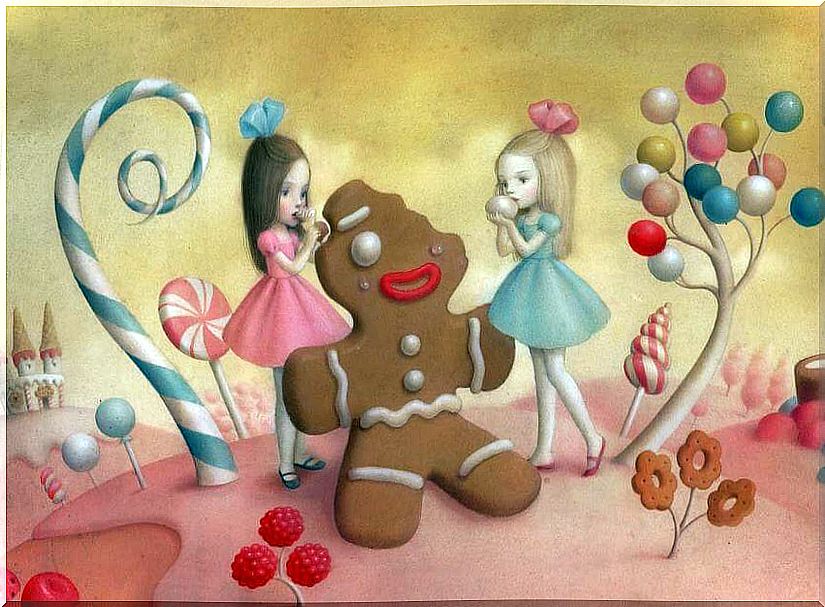
The vicious circle of emotional eating
Somehow the problems we have with our bodies mark even deeper problems, fueling a vicious circle of unresolved problems that inhibits our ability to grow and develop.
Some authors believe that the real problem with overweight and emotional eating is that food becomes a substitute for love. Geneen Roth thus states, “If we stop feeding the abused child that lives inside that lonely adult, we will be able to nurture his love and give way to intimacy.
In this way we will let go of the pain of our past and settle in the present once and for all. Only when we give ourselves space for intimacy and love will we learn to enjoy food and no longer use it as a substitute.”
There are times when we think that food will save us from ourselves, from the hatred we feel, from the fear of who we are, and from the fact that everything is as it is when we hope it was different. All this acts as a kind of curse that perpetuates the vicious circle that tortures us.
If we don’t eat in a balanced way, we don’t take good care of ourselves. But, as we said, blowing off steam through eating and gaining weight is, oftentimes, just a symptom that creates itself over and over in a vicious circle. In this sense, every time we eat compulsively, we reinforce the idea that the only way to get what we want is to give it to ourselves in the form of food.
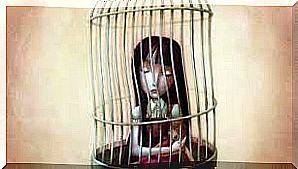
Every time we give in to a binge due to an emotional imbalance, we reinforce the hopelessness that accompanies our problem and causes an even greater lack of control. A real vicious circle that is incredibly difficult to break, as the need to eat becomes stronger and stronger, burying the original problem .
Emotional eating, overeating, or eating an unbalanced diet often serves as imaginary support; the idea that we can use food to prop ourselves up.
Gaining or losing weight or dieting is like being on an emotional roller coaster that never stops. A person who uses food as a refuge is incessantly poisoned by the chaos, emotional intensity and drama. Because compulsive eating, as we mentioned earlier, is a reflection of the suffering that occurs in our lives.
